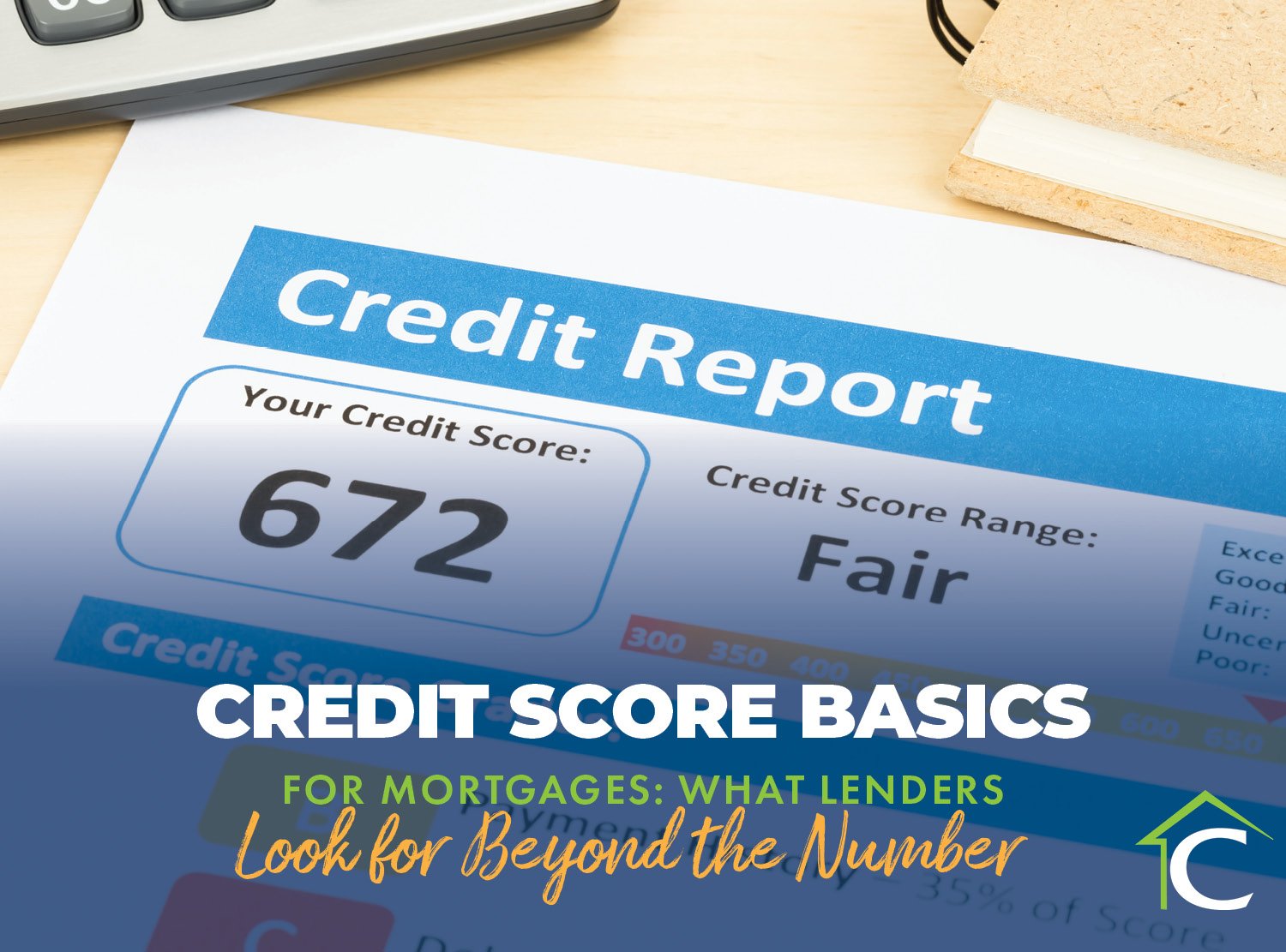Editor’s Note: This blog post was originally published in February 2018 and has been revised to reflect industry updates.
Whether you’re a first-time home buyer, or purchasing an investment property or second home, there are several mortgage types to consider.
Federal Housing Administration (FHA) loans are just one alternative to traditional lending products. These also include financing for home improvements, rehab properties, and reverse mortgages.
If you aren’t familiar with the FHA, its loan types, and potential benefits, it’s best to review the administration’s website, or consult a reputable mortgage lender for more information.
Here are 10 helpful facts about FHA loans for potential home buyers, covering financing requirements, credit ratings, closing costs, and more.
-
1. FHA loans help more people become homeowners.
Regulated by the Federal Housing Administration (FHA), which is a part of the U.S. Department of Housing and Urban Development (HUD), FHA loans were established during the Great Depression to increase long-term homeownership for growth and preservation of strong neighborhoods and communities.
Several benefits of an FHA loan include low down payments, reduced closing costs, and credit requirement forgiveness.
-
2. There are different types of FHA loans.
There are several FHA loan type variations, such as 203(k) home improvement loans, and reverse mortgages for seniors aged 62 and over.
-
3. The limits don’t always remain the same.
Citing steady U.S. housing market appreciation and cost-of-living increases, the FHA announced 2021 loan limits for Single Family Title II forward and Home Equity Conversion Mortgage insurance programs will increase to $822,375 from $765,600.
-
4. Only certain mortgage lenders can provide this funding.
While the FHA doesn’t offer actual home loans to borrowers, they instead insure the loans provided through approved lenders, such as Contour Mortgage.
It’s best to locate eligible mortgage lenders in your area before pursuing this loan type.
5. FHA loans require upfront mortgage insurance premiums.
An FHA loan’s government-backed designation requires borrowers to also purchase upfront mortgage insurance premiums (UFMIP) to ensure the loan’s repayment.
Paid in full at closing, or rolled into your monthly loan repayment, it differs from private mortgage insurance (PMI).
6. They can only be used for primary residences.
Properties designated as the borrower’s primary residence are eligible for FHA loans. Investment and secondary properties, and vacation homes, wouldn’t qualify.
FHA loans can, however, be used to purchase other primary residence property types, such as multi-family dwellings, and condos and co-ops.
To learn more about second home and investment property loans, it’s best to review specified HUD requirements, or contact a Contour Mortgage representative.
7. You can use an FHA loan for home improvements.
As aforementioned, 203(k) loans can finance a fixer-upper, or other rehab properties. Borrowers receive loan amounts based on the home’s anticipated value following any improvements, repairs, or upgrades.
Most 203(k) loans will cover up to $625,000 for purchase and subsequent improvements, such as foundation and structural issues, fire and flood damage, increased living space, and other enhancements.
8. Reverse mortgages are also applicable.
Borrowers 62 or older currently living in their primary residence with a low mortgage balance can switch to a reverse mortgage. The FHA offers a Home Equity Conversion Mortgage (HECM) program that utilizes your home’s equity as cash toward remaining mortgage payments.
No monthly payments are due to the borrower, provided they don’t sell or foreclose on their current mortgage.
Other HECM benefits include tax-free income and added funds for home improvements or other investments.
9. Credit ratings usually aren't a contributing factor.
With conventional mortgages requiring a credit rating of at least 620, an FHA loan is less stringent. Borrowers scoring as low as 580 could still qualify for the minimum 3.5 percent down payment.
Credit exceptions might be made If your rating has been affected by nontraditional or insufficient credit history, foreclosure, or other circumstances.
10. Closing costs and fees are part of the loan.
In some situations, the FHA will authorize sellers, builders, and lenders to pay some of the borrower’s closing costs. These could include appraisals, credit reports, title insurance, and other fees.
Finding the Appropriate Solution
As an FHA-approved lender, Contour Mortgage can assist with appropriate documentation, qualifications, and requirements.
Want to Get Pre-Approved?
Contact Contour Mortgage for a free consultation and to learn more about the information and documentation you should be prepared to supply when applying for an FHA home loan.


















